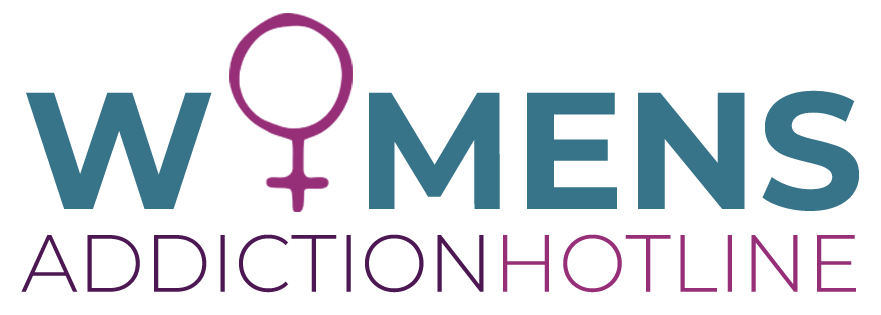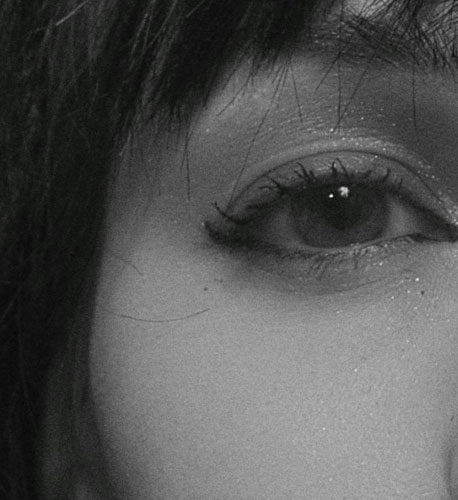Louisiana Women’s Addiction Hotline
Louisiana Women’s Substance Abuse Hotline
Louisiana Women’s Drug & Alcohol Abuse Statistics
Substance use disorders (SUDs) in general, and illicit drug use disorders in particular, are prevalent among female inmates entering the state prison system[1]. The prevalence of substance abuse among women in Louisiana highlights the need for effective prevention and treatment programs tailored to this population. Commonly abused substances among women in Louisiana include prescription psychotherapeutics (pain relievers, tranquilizers), opioids, cannabinoids, and amphetamines[2][3].
These substances can have a range of negative effects on both physical and mental health, including: – Increased risk of overdose and death – Cardiovascular disease – Respiratory problems – Mental health disorders, including depression, anxiety, and psychosis – Increased risk of infectious diseases, such as HIV and hepatitis C It is crucial to understand the effects of these substances to develop effective prevention and treatment strategies for women struggling with substance abuse in Louisiana.
Several barriers to treatment exist for women in Louisiana struggling with substance abuse. A study conducted on women accessing substance use programs in New Orleans identified lack of funding, client transportation, inadequate staffing, and stigma as significant barriers to successful client outcomes[4][5][6]. Stigma, in particular, was reported as a significant issue, with 78% of women feeling more stigmatized for being substance users than men[76]. Addressing these barriers and providing access to effective treatment programs is crucial to improving outcomes for women struggling with substance abuse in Louisiana.
References
1. Substance use disorder prevalence among female state …. from pubmed.ncbi.nlm.nih.gov/22443915/
2. Explore Illicit Drug Use – Women (18-49) in Louisiana | AHR… from www.americashealthrankings.org
3. Full article: Trends in drug use among young adult females…. from www.tandfonline.com/doi/full/10.1080/24734306.2022.2110201
4. Patterns of enrollment in a New Orleans women’s …. from www.sciencedirect.com
5. Barriers to Substance Abuse Treatment in Rural and Urban …. from www.ncbi.nlm.nih.gov/pmc/articles/PMC3995852/
6. Review of the effects of self-stigma and perceived social …. from www.ncbi.nlm.nih.gov/pmc/articles/PMC6260179/

Women’s Substance Abuse Treatment Resources Louisiana
Louisiana Government Dept Substance Use and Addictive Disorders Services
Louisiana Government Dept Substance Use and Addictive Disorders Services. Office of Behavioral Health – Substance Use and Addictive Disorders Services Substance use and Related Disorders services are provided statewide by each regional human service district/authority, or through the Healthy Louisiana plans for the Medicaid population. The districts and authorities provide treatment for people suffering from addictions to drugs, alcohol or gambling, as well as support for their families and friends. According to federal regulations, persons identified as indigent or Medicaid eligible are considered priority populations. Priority admission is given to the following populations: pregnant women who inject drugs, other pregnant women who abuse substances, and others who inject drugs. For these groups, OBH aims to provide addiction services with no or a minimal waiting period. If care is not available to this priority population within 48 hours, the Office will provide interim treatment services as appropriate.

Bridge & Grace House Louisiana Long-Term Residential Treatment Programs
Bridge & Grace House Louisiana Long-Term Residential Treatment Programs. Through our long-term residential treatment programs, Bridge House / Grace House offers residents seeking recovery the time needed to become sober and productive individuals again. Bridge House / Grace House gives priority admission to pregnant women. Bridge House / Grace House’s Residential Substance-Use Disorder Treatment Program seeks to achieve the following specific objectives: To provide a flexible-term, residential, community-based treatment program consisting of group and individual therapy for alcohol and drug abusers. To provide a continuum of services, intensive day and evening residential treatment, independent living skills development opportunities, case management, relapse prevention, family treatment if indicated and community education. Involvement in vocational activities that support increased job skills and job readiness. To ensure the use of the Alcoholics Anonymous 12 Step program in the recovery process.

Council on Alcoholism and Drug Abuse of Northwest Louisiana
Council on Alcoholism and Drug Abuse of Northwest Louisiana. Our high-intensity residential program is located at our Bossier Treatment Center and offers 24/7 care. Clients in our high-intensity program can participate in general group therapy, gender specific groups, community groups, individual counseling, family sessions, relapse specific group therapy, educational lectures, 12-Step support groups and daily exercise/recreation. Admission into CADA programs begins with a screening process to determine medical necessity. CADA has scheduled admissions, and does not accept walk-ins. CADA offers both intensive outpatient (IOP) and outpatient group programs for those struggling with addiction. These programs focus on early recovery skills, internal and external triggers, thoughts, emotions and behaviors, stress management, relapse prevention, recovery support systems, sobriety maintenance and recovery goals. This program is located out of our Fairfield Office in Shreveport and our office in Many at 505 Capitol Street. Admission into CADA programs begins with a screening process to determine medical necessity.

Odyssey House Louisiana Emphasis On Addiction Treatment
Odyssey House Louisiana Emphasis On Addiction Treatment. Odyssey House Louisiana (OHL) is a non-profit behavioral health care provider with an emphasis on addiction treatment. Established in 1973, the mission of Odyssey House Louisiana is to provide holistic and client-centered services in a safe environment that address the full continuum of special care needs for the state of Louisiana. OHL’s holistic approach addresses the physical, mental, emotional and social conditions of each client in treating the illness of addiction. Services and programs include substance abuse treatment, complete health and mental health care, life-skills training, vocational training, individual and group counseling, parenting classes and childcare, case management and housing placement.

